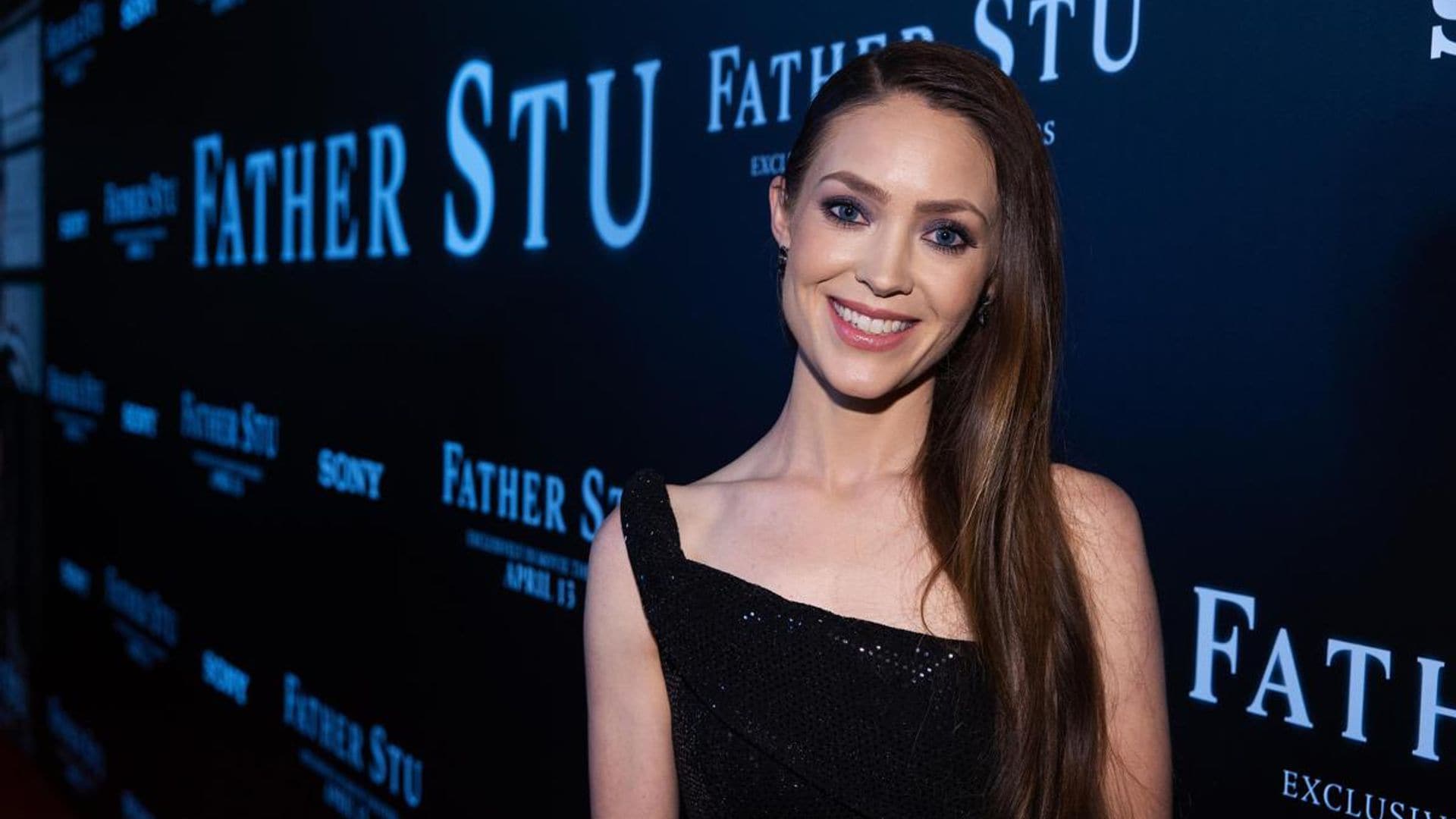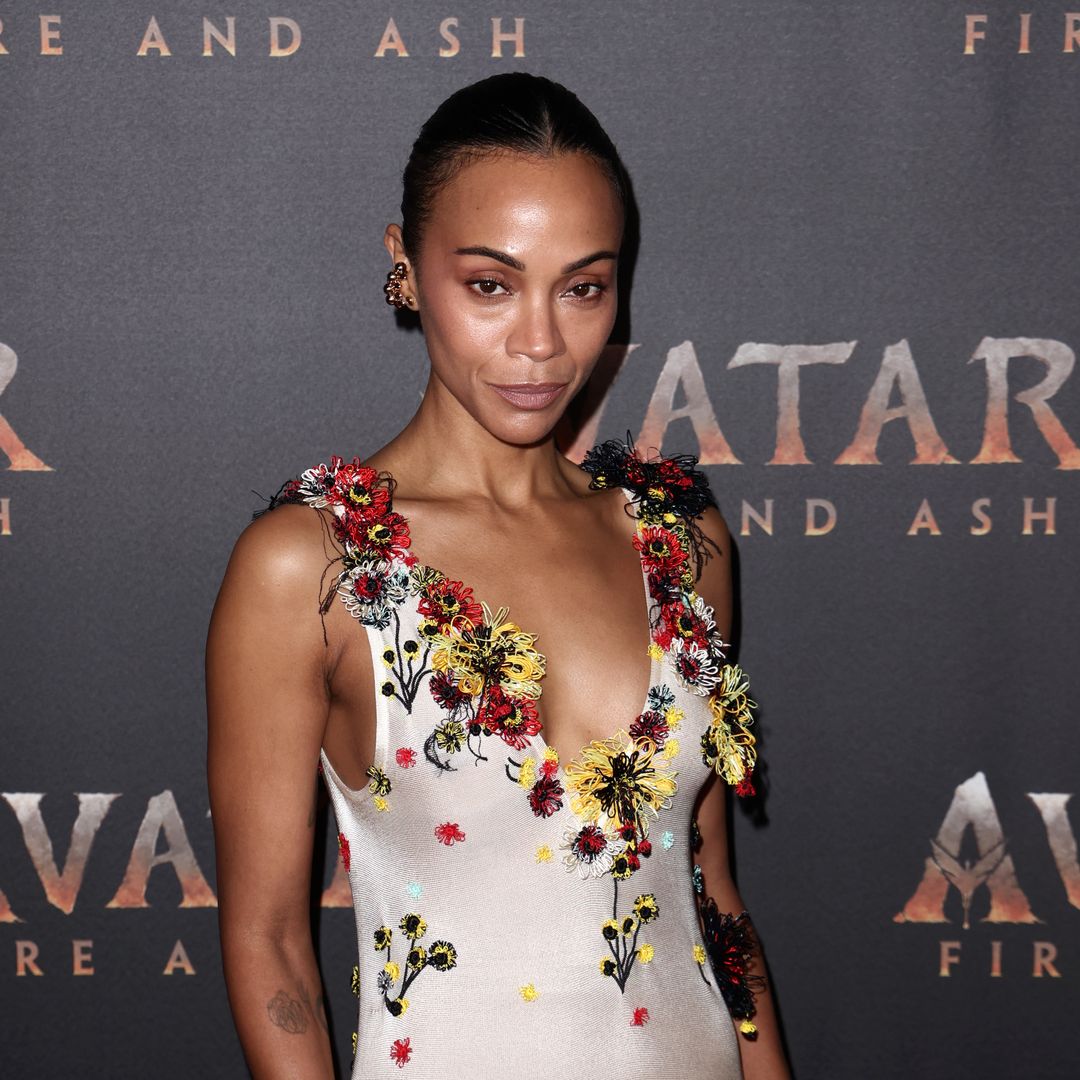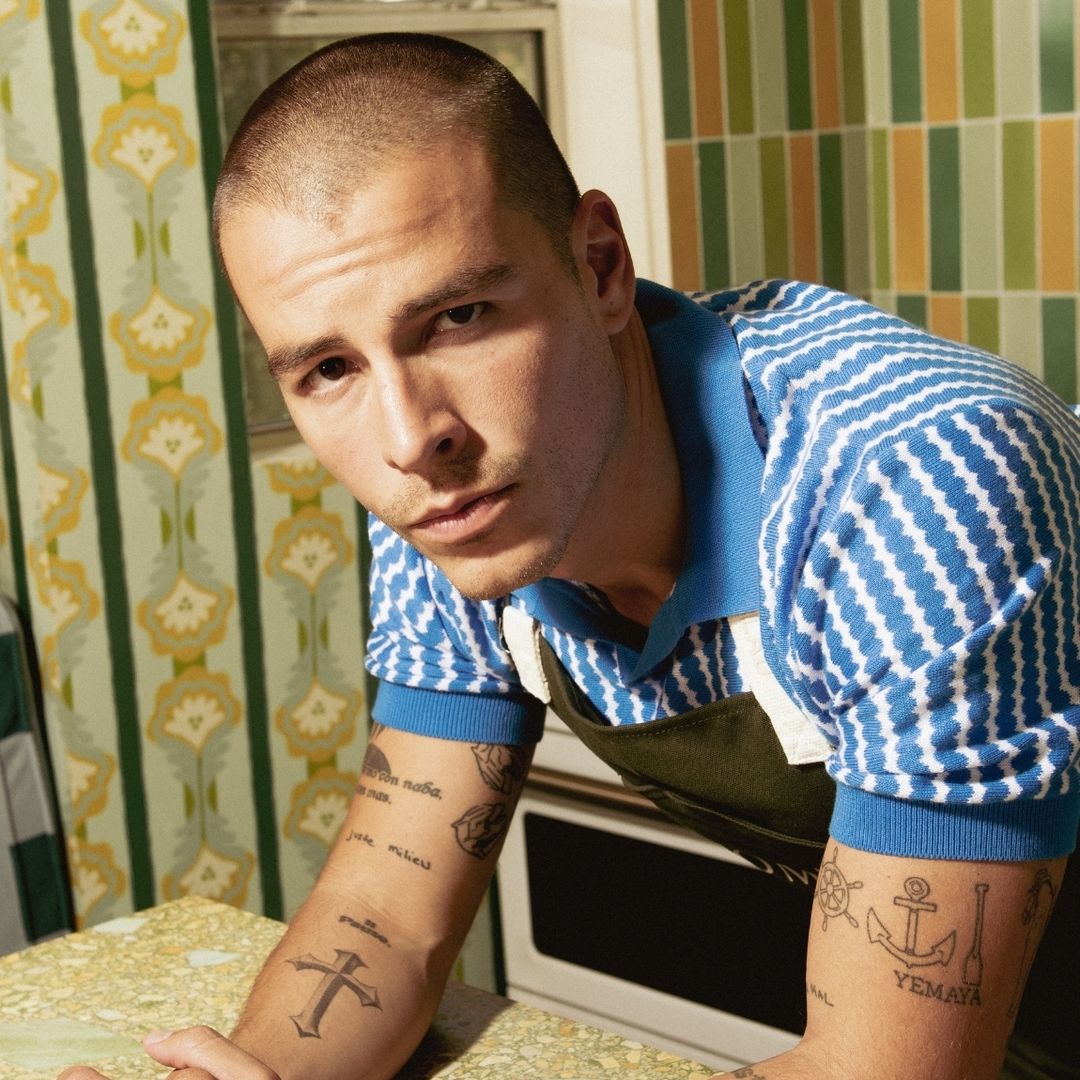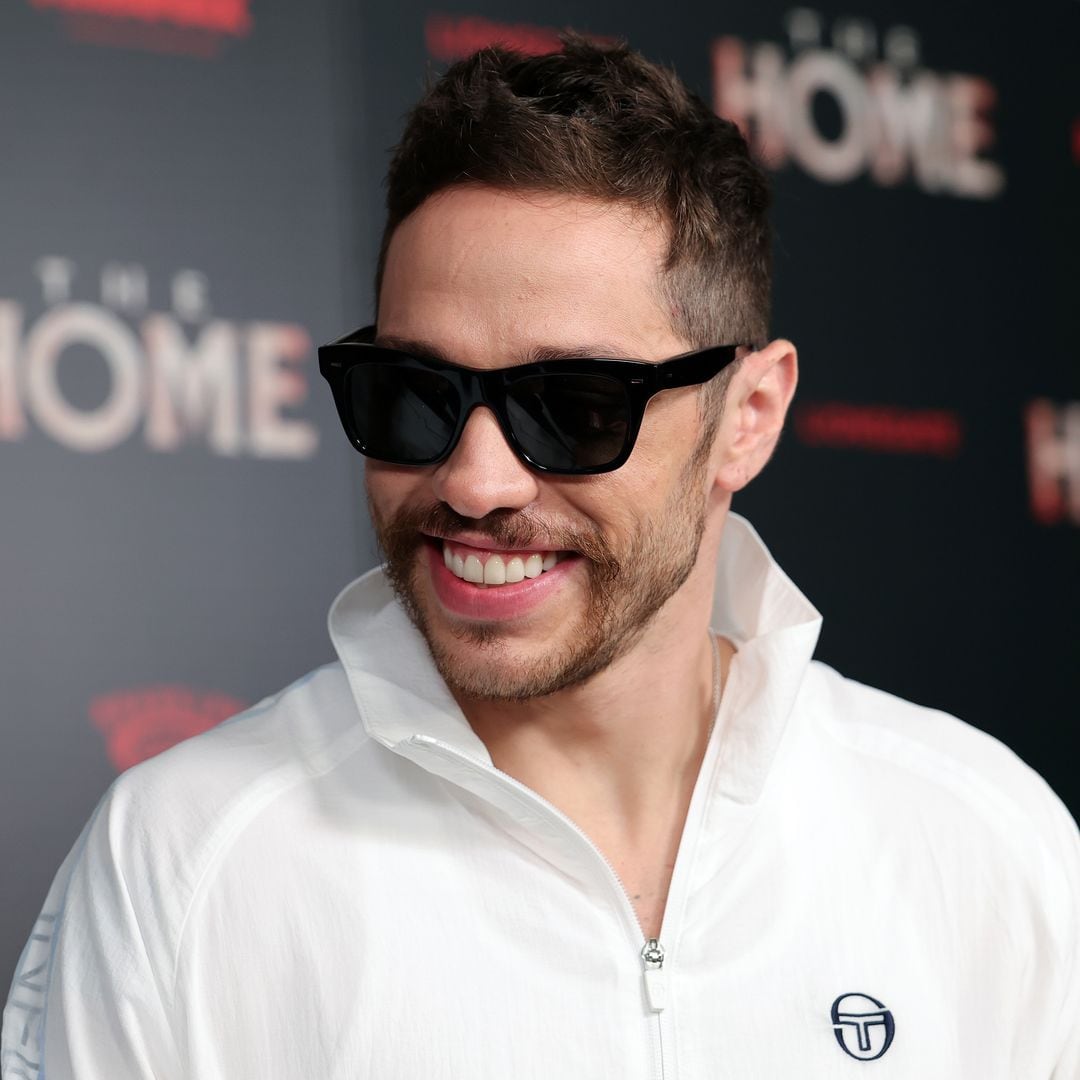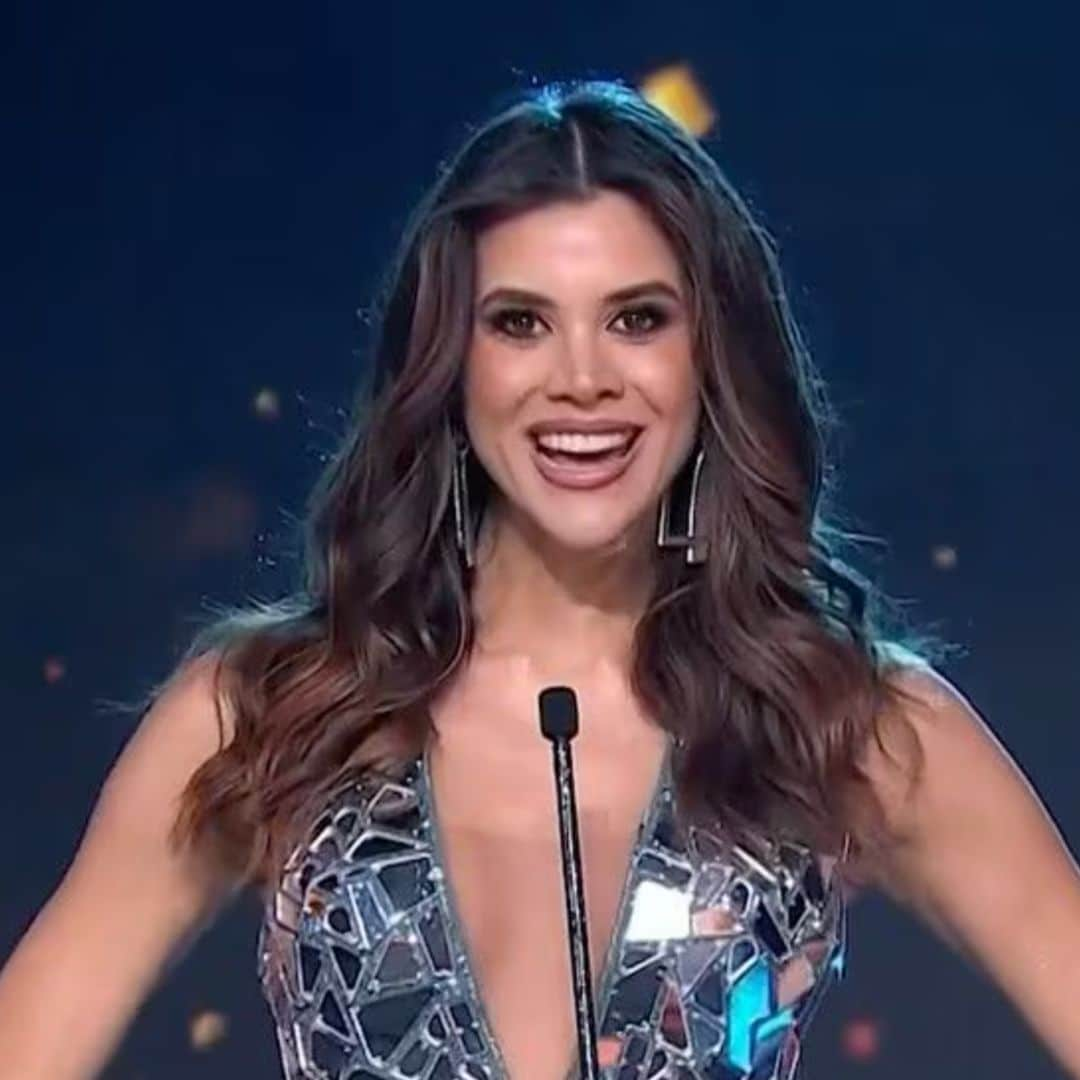Rosalind Ross is making her directorial debut with Mark Walhberg’s passion project Father Stu, which hits theaters on April 13th. Ross is not only the director but the writer of the film, which tells the true story of Stuart Long, an injured boxer who moves to Los Angeles to become an actor. While scraping by as a supermarket clerk, he meets Sunday school teacher Carmen (Teresa Ruiz) and starts going to church to impress her. However, a motorcycle accident leads him to the surprising realization that he’s meant to be a Catholic priest. HOLA! USA had the opportunity to talk to Ross about her experience directing the film, how it was working with Wahlberg, and her long-time partner Mel Gibson.
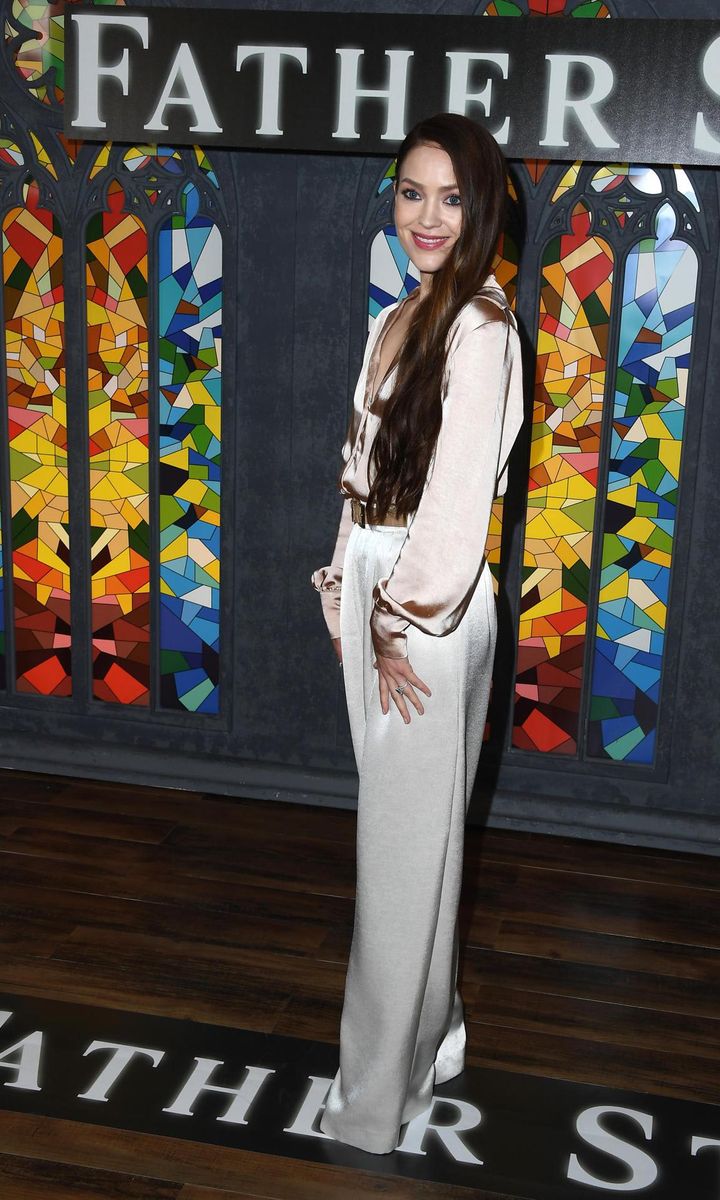 © GettyImages
© GettyImagesWell, I had written two other scripts for him and one of which he was also a producer on, so we have a writer and actor rapport, and I really enjoyed writing characters for him. And he just called me out of the blue one day and pitched me this story and asked if I was available and would be interested in writing it. I’m not sure what it was in his life at the time that prompted him to resurrect the project but I was very flattered by his offer and it took me a minute to figure out if it was something I could write or, want to write. But once I did, I was all in, and gosh, one of the better decisions I’ve made, I think.
No, I had no idea. I assumed that I was writing it and that, you know, we would then go try to find a great director because I knew this was his baby, his passion project. And I was sure that he would wanna go to, a very short list of filmmakers with it. But I turned it into him and I can’t remember if it was the same day or like a day later, he called me and said, ‘you know, I think you should direct it. I can’t think of anyone better.’ And I was like ‘really, I think I can think of like 150 people.’ But I had shared with him my aspirations to direct, you know, over the years I’ve known him so maybe it was in the back of his mind, but he certainly didn’t tell me until he made the offer.
Maybe seven to nine months, you know I was sort of going through the development notes process with Mark and the producing partner, Steve Levenson and I don’t think we did too many drafts but once it came together with financing and everything, I continued to refine it. In fact, I was continuing to rewrite scenes up until the day we were shooting. It didn’t make Mark too happy but we got by.
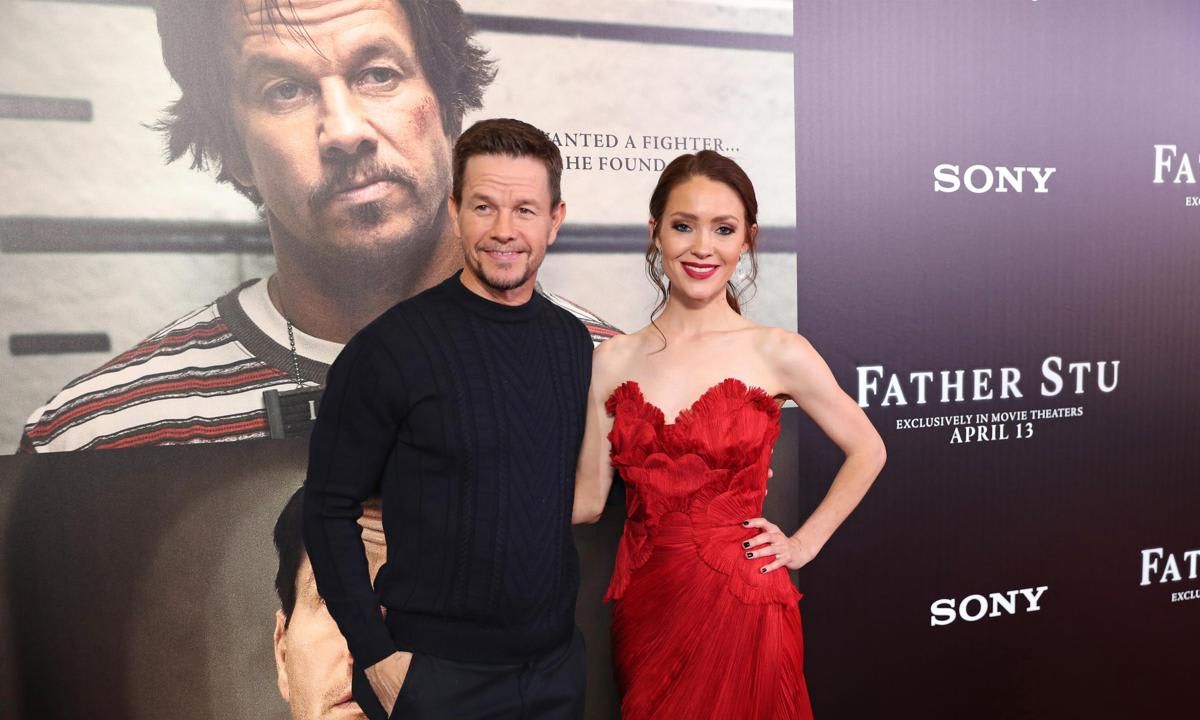 © GettyImages
© GettyImagesYes, I did. Well, I think for me it was a little more of an amorphous process. I actually thought- like in college I studied creative writing and I thought that I might be a poet. My parents weren’t too excited about that. They said, ‘can you major in business?‘ I said, ‘no, I’m gonna minor in dance.’ But no I moved out to LA once I graduated and I just, you know, I’ve always loved film. And I realized I’m a very visual thinker and at a certain point it just sort of dawned on me that I might try this and I never studied screenwriting or filmmaking. I just sort of tried to learn by doing and I realized that I really, really loved it. So I can’t quite pinpoint an exact moment, it was more of a gradual process, but I still don’t wanna limit myself. I would love to write a novel someday.
Yeah. You know, I wanted the look of the film to reflect the character, which, for me was very scrappy, not real polished. And yes, you’re right, the intimacy with the closeups you can’t hide anything. There’s nothing else to look at, but a face, right. It’s a kind of confronting almost maybe uncomfortable at times intimacy, but it also is reflective to me of the character’s sort of emotional space, headspace, and also the state of his spirituality, you know, for him at the beginning of the film, it’s all about him, right? It’s like the height of ego, everything is about me and my suffering and the external world is almost irrelevant to him, and there is a subtle shift in the style of the filmmaking, as the movie progresses with Stuart’s spiritual transformation where it does become a little bit more composed and there’s a sort of peacefulness to it that I think is not there to begin with when it feels a little more frenetic.
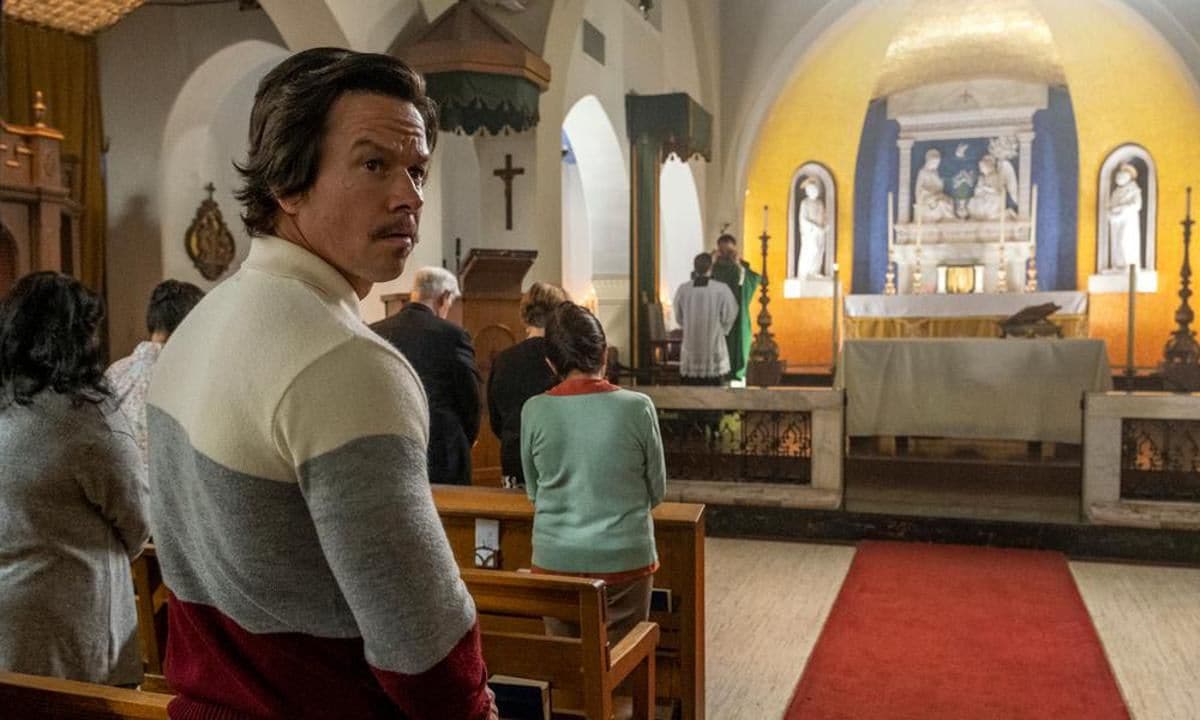 © SONY PICTURES ENTERTAINMENT INC.
© SONY PICTURES ENTERTAINMENT INC.Watch Rosalind Ross ’s interview about ‘Father Stu’
Well, I had, you know, remarkably talented and very seasoned actors between Mark, Mel, Jackie Weaver, Malcolm McDowell, Cody Fern, and Teresa Ruiz. Obviously, it was largely, a very prepared and professional cast and a crew that understood the urgency. And also we’re so passionate about the project and committed to the vision and making it come to life. It’s like everybody, I just felt it. You could feel the goodwill on the fence and passion and the excitement of everybody involved. And I’ve gotta say it was such a special thing because I’ve been on a lot of sets, not as a director, or a writer, but, you know, mostly Mel’s sets where he’s acting or directing. And you can feel- there’s a difference in energy from set to set where you can just, it’s hard to put your finger on it, but you can tell when people are really committed and really passionate about what they’re doing, or not. And I felt so fortunate that I had that kinda energy and love and, and goodwill on this set, and you know, everyone rose to the occasion did what needed to be done to make the days and then get it done.
Yeah, no, it was great. It was so fulfilling and rewarding. I think there’s obviously a lot of trust there on a personal level, that I think translated to the performance and he is so collaborative and such a wonderful, creative energy to have around. And he obviously, you know his performance speaks for itself. It’s incredibly moving, but it was great. It was so fun. I mean, what better feeling than to just be able to work with people you love and admire?
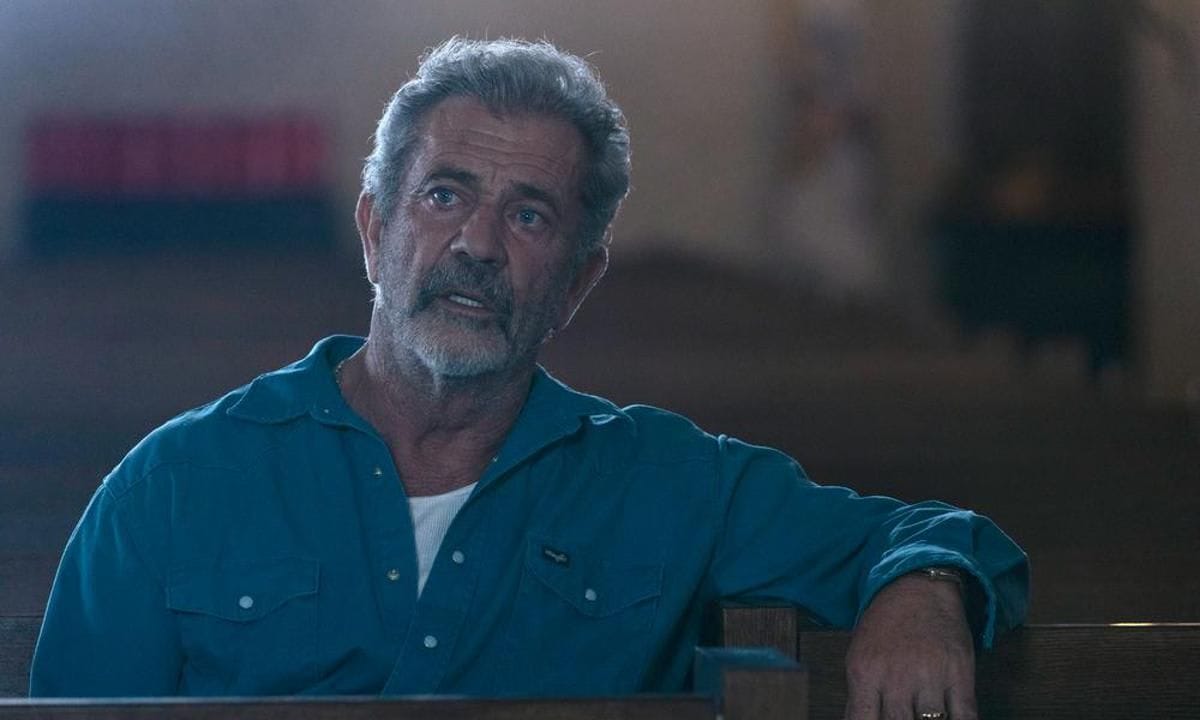 © Hola
© HolaIt was mostly written in. He’s great at improv as is Mark so I always let them go. I mean, they would give me several takes of what was scripted, and then I sort of let, ‘em let loose. And some gems came outta that.
Yeah. You know, the scene where he’s kneeling at the altar and asking God ‘why’ after he gets his diagnosis of inclusion body myositis, was a really emotional scene for him to film. And I think it affected all of us there experiencing him go through that. Cause it felt very real. Yeah, that stands out to me. But even like the scene where he’s sitting in the car with the Ham character played by Aaron Moten, which is right after he gets his diagnosis is one of the more beautiful scenes to me in the film because it’s a moment we’ve all sort of imagined or been through where you just received devastating news and they managed to play it so perfectly with this delicate balance of emotion and humor and I thought it was really wonderful.
Oh gosh. Well, I think there’s another collaboration with Mark in the future so you can look forward to that. Hopefully.
